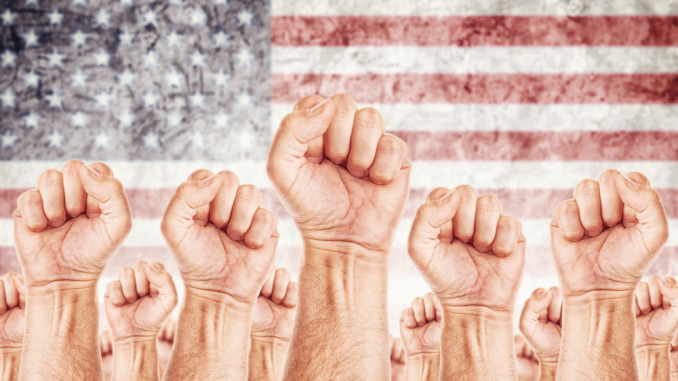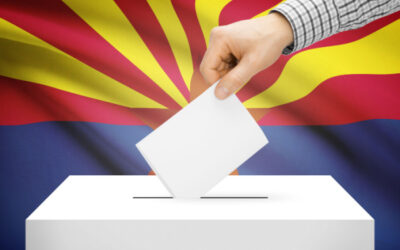By Dr. Thomas Patterson |
It’s not exactly breaking news that America’s public schools are failing academically.
There have been encouraging stories of charter schools and other schools of choice successfully raising achievement levels for underprivileged students previously deemed uneducable.
But our schools are still producing a generation of students lacking basic computational or literacy skills, much less an understanding of government, culture, or science. That is, unless you count gender ideology and slanted anti-American interpretations of history.
Twenty-three public schools in Baltimore this year had zero students rated proficient in math and several more had only one or two. Baltimore spends $21,000 per student yearly, but it’s unfair to pick on Baltimore. Neither its spending levels nor the dreadful outcomes distinguish it from many other urban school districts.
Many Americans are aware and concerned. We even know a lot about what works (school level control and accountability) and what doesn’t (more money, more administrators). Yet at every turn, efforts at system reform have been stymied by…teachers’ unions.
Until the 20th century, Americans would have been astonished to see a critical policy debate dominated by a public union. Such unions didn’t even exist until President Kennedy approved collective bargaining for federal employees in 1962. Until then, union bosses and government leaders had been skeptical of the notion.
Franklin Roosevelt said, “The process of collective bargaining…cannot be translated into public service.” AFL – CIO President George Meany agreed that “it is impossible to bargain collectively with the government.”
They were saying that true collective bargaining is a two-way negotiation to divide the profits generated by an enterprise, in which unions must limit their demands so their companies remain viable.
But as Philip Howard explains in his new book on public unions, government by design doesn’t generate any profit. Any concessions made to government unions come at the expense of taxpayers, who are seldom represented in the negotiations.
After decades of “negotiating” with friendly politicians whom they help elect, government employees have gained immense wealth and influence. It hasn’t turned out so well for the rest of us.
For example, government unions were effectively able to dictate health policy, including shutdowns and mandates, during COVID, as CDC e-mails subsequently revealed.
Worse, teachers’ unions demands that public schools close and stay closed during COVID prevailed despite overwhelming evidence that it was unhelpful. Millions of students will endure permanent educational scars from the union intransigence.
Union participation in policy making goes far beyond healthcare. Government unions work hard and successfully to boost virtually all tax and spend proposals, especially at the state and local levels. After all, tax revenues pay their salaries.
Unions have also been successful in thwarting the growth of charter schools in the three decades of their existence. This is a particularly impressive display of raw political power since charter schools have proven themselves many times over to be academic successes serving those students who need it most.
Moreover, there is no coherent argument that charter schools harm public schools because they are public schools, albeit usually without mandatory unionization, but still with long waiting lists.
Union workers are notoriously difficult to fire, thanks to the work rules they write for themselves. California is able to terminate only about one of each 100,000 teachers annually for poor performance. Derek Chauvin, the murderer of George Floyd, was a known bad cop with multiple citizens’ complaints, but was protected by union work rules from losing his job.
All these instances and many more are the result of unions essentially dictating the terms of their employment. Citizens’ interests are secondary. Government has been rendered nearly inoperable for everyday Americans.
Although government unions seem to have a vice-like hold on their privileges, there may be a solution this time. Article 4 of the U.S. Constitution requires that every state “shall be guaranteed a republican form of government,” meaning that policy decisions can be made only by elected officials and may not be delegated.
State and local officials must reclaim their authority either by challenging union-made policies in courts or simply by refusing to comply with them on constitutional grounds.
The framers of the Constitution would be honored if we used their great gift to make government work again.
Dr. Thomas Patterson, former Chairman of the Goldwater Institute, is a retired emergency physician. He served as an Arizona State senator for 10 years in the 1990s, and as Majority Leader from 93-96. He is the author of Arizona’s original charter schools bill.








